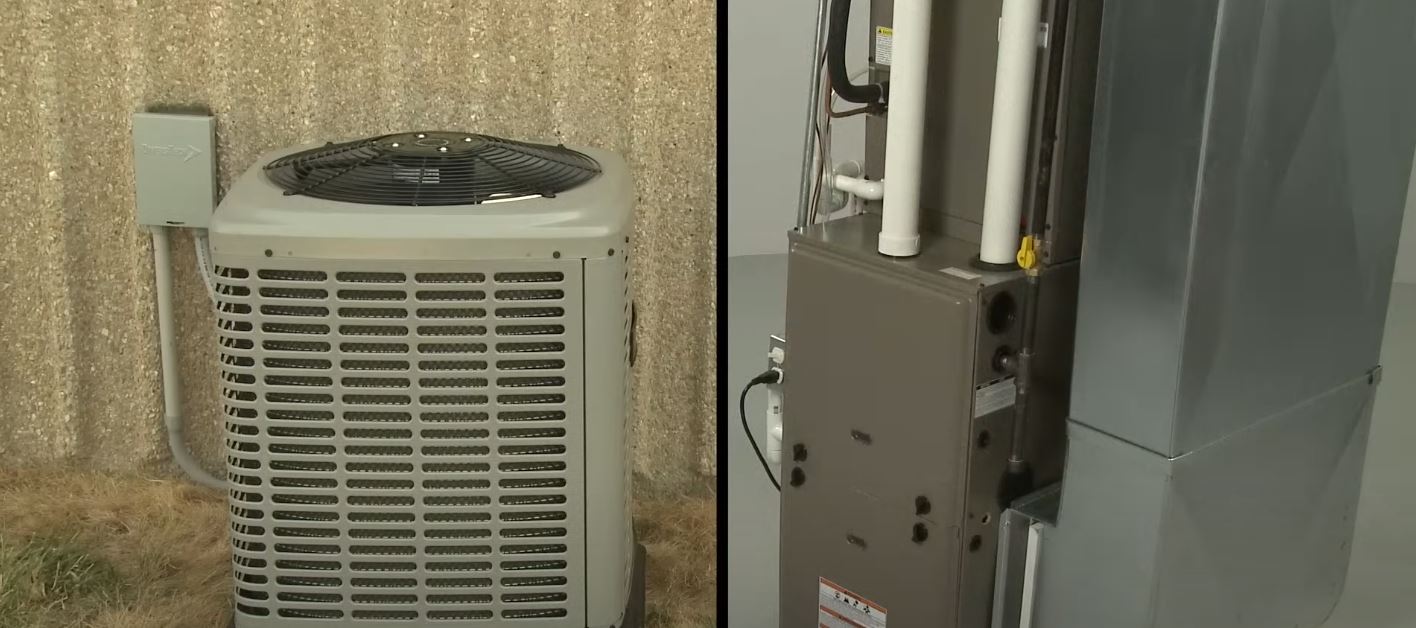What Is The Role Of The Condenser In A Central Air Conditioning System
What Is The Role Of The Condenser In A Central Air Conditioning System
In the intricate dance of a central air conditioning system, each component plays a crucial role. This article focuses on the condenser, its function and importance. The understanding of this integral part not only deepens knowledge of air conditioning systems but also emphasizes its essentiality in maintaining an efficient cooling process. Embracing this comprehension fosters a sense of belonging among readers who share keen interest in technical details and mechanical proficiency.
Key Takeaways
- The condenser dissipates heat and transitions refrigerant from its gaseous state back into a liquid.
- Regular maintenance is essential to prevent obstructions in the condensing unit and ensure optimal performance.
- Efficiency factors, such as coil size, fan speed, and correct refrigerant charge level, impact the condenser's performance.
- Condenser placement plays a role in optimizing heat dissipation and overall system functionality.
Understanding the Components of a Central Air Conditioning System
A comprehensive understanding of a central air conditioning system necessitates an in-depth exploration of its integral components, including the condenser. The Air Handler Functionality serves as one such fundamental part of this system. Operating as the epicenter for air distribution, the air handler encompasses numerous critical components such as the blower motor and heat exchanger. Its function is to draw in warm indoor air, cool it through contact with the Evaporator Coil Role and subsequently distribute it back into space.
The role of the evaporator coil is further significant in this process. This apparatus carries refrigerant which absorbs excess heat from passing air, thereby cooling it before redistribution by the air handler. The refrigerant within these coils undergoes a phase change from liquid to gas due to heat absorption, thus fostering efficient cooling.
In essence, each component plays a vital role in achieving and maintaining comfortable indoor climates during periods of high external temperatures. Understanding these functions aids in identifying potential issues that may impede system performance or efficiency. This knowledge will be instrumental when discussing subsequent sections on 'the function and importance of the condenser in air conditioning systems'.
The Function and Importance of the Condenser in Air Conditioning Systems
In the realm of HVAC technology, the specific component that functions to dissipate heat and transition refrigerant from its gaseous state back into a liquid is considered crucial for efficient thermal regulation. This indispensable part, known as the condenser, operates within air conditioning systems to ensure optimal performance and user comfort.
Two key elements impact the effectiveness of this vital component: Condenser Maintenance and Efficiency Factors. Regular maintenance is essential to prevent obstructions in the condensing unit which could impede airflow, thereby reducing efficiency. Debris such as dust or vegetation can often compromise system performance if not addressed promptly.
Efficiency factors include design parameters that optimize heat dissipation. These involve variables such as coil size, fan speed, condenser placement and correct refrigerant charge level. Each plays a significant role in ensuring that the condenser performs at its best capacity.
It becomes evident that an understanding of these aspects contributes towards fostering a sense of belonging amongst those engaged with HVAC technology – by appreciating how each part contributes to overall system functionality. Therefore, maintaining an optimally functioning condenser forms an integral part of efficient thermal regulation within air conditioning systems.

